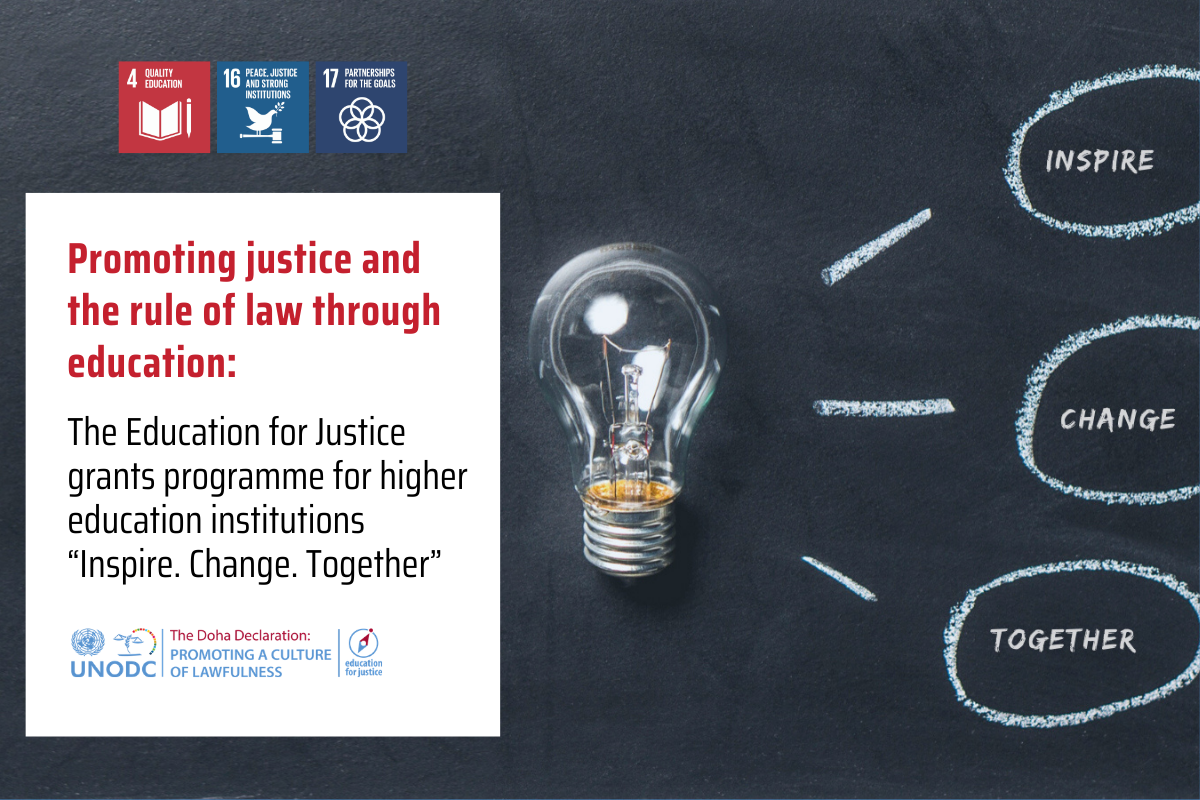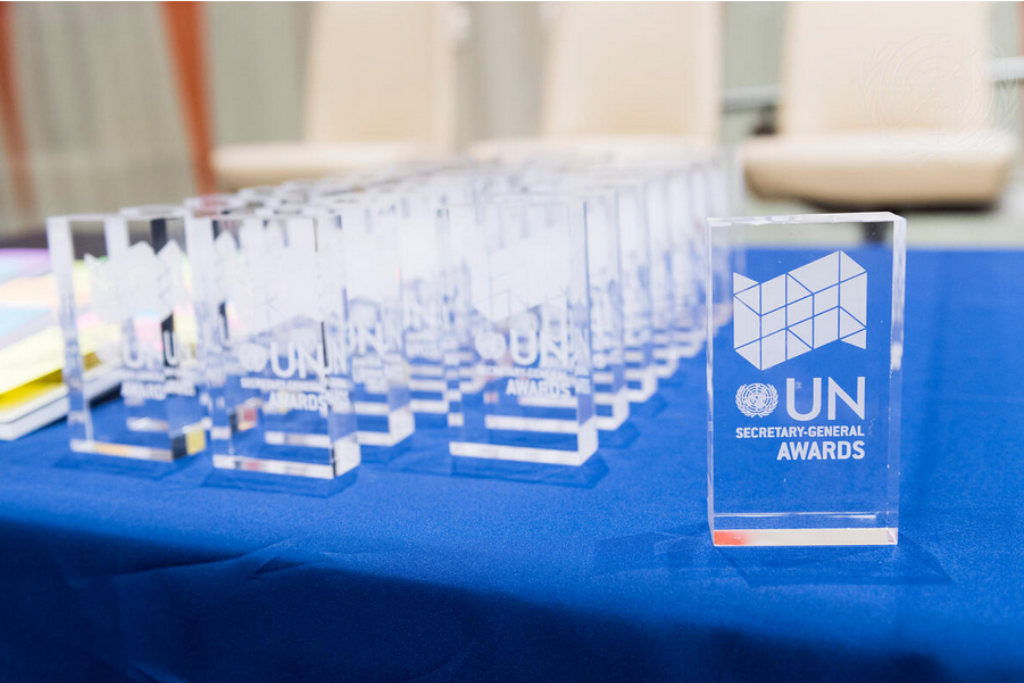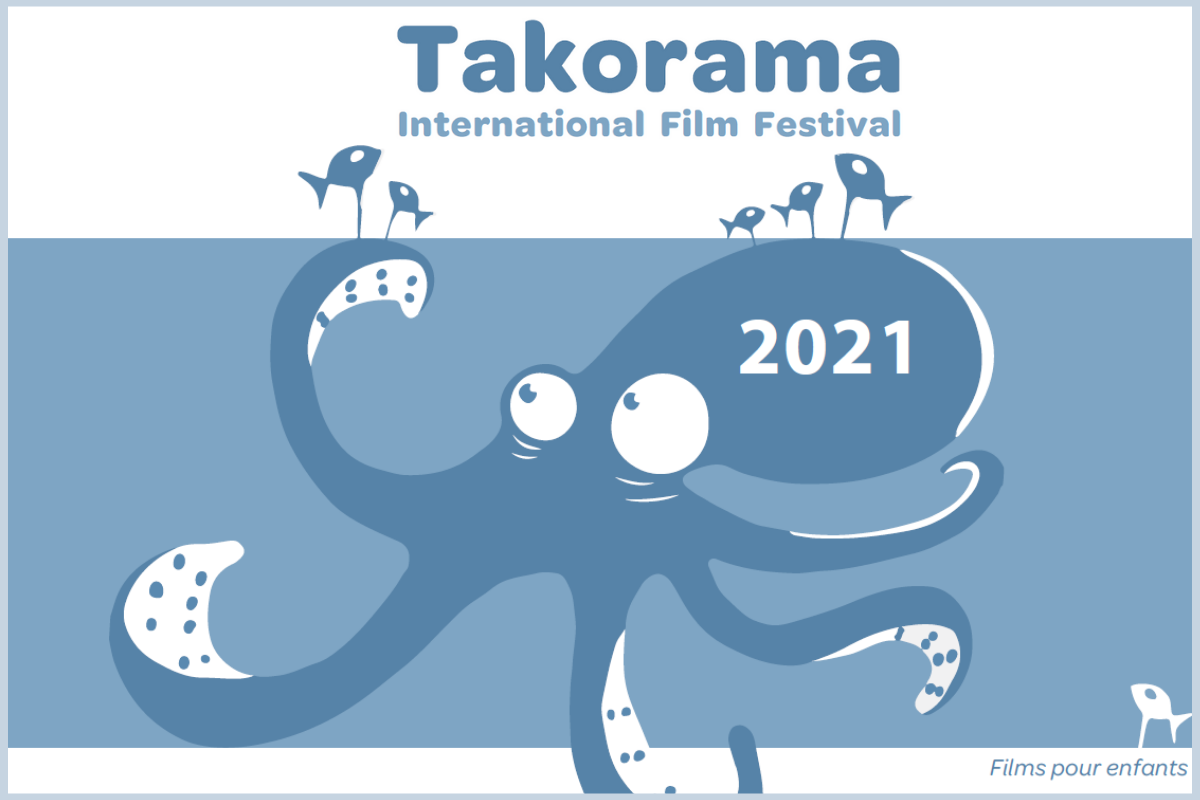E4J's Right Boxes, educating children about their universal rights

20 September 2019 - This year, the world marks the 30 th anniversary of the United Nations Convention on the Rights of the Child, the most ratified international human rights treaty in history (with 195 countries having signed it) but not necessarily the best known by its intended beneficiaries - all children under the age of 18. In the Convention, 54 articles detail an extensive list of children's rights in various categories, which include the general basic human rights also applicable to adults, and another set of rights to protect them until they reach the age of 18. These sets of rights are commonly classified into the so-called three Ps, namely: provision (such as food, shelter, health care, education); protection (such as from abuse, neglect, exploitation, discrimination); and participation (such as involvement in community, youth activities).
Governments have a duty to enable and to protect these rights, and the Convention's last 12 articles, in fact, focus specifically on how adults and Governments must work together to ensure that all children are given their full rights. Moreover, it is especially important for children to be aware of their rights and to understand them fully, a right of information in itself which is covered in Article 42 of the Convention: it is the duty of Governments to make the Convention and its contents known to children and adults.
With its mission to promote a culture of lawfulness around the world, UNODC's Global Programme for the Implementation of the Doha Declaration is committed to fostering global citizens with a solid moral and ethical compass, a mission which encompasses helping impart a whole range of values, rights and responsibilities to the younger generation. When children are knowledgeable about their rights, they also have a deeper understanding of their role in society, and of the factors necessary to a better quality of life.
|
Enlisting its colourful Zorbs to assist in the task of teaching children rights and ethical values, the Global Programme's Education for Justice (E4J) initiative has supported the conceptualization and design of the Right Boxes; this is a notion-based educational tool which helps children aged 6 to 12 understand their fundamental rights as they play with a montage of rotating boxes placed in the vicinity of outdoor playgrounds. The installation comprises 16 environmentally-friendly wooden boxes featuring images, symbols and descriptions of the children's rights; children can discover the rights by themselves or play with one another by standing on opposite sides and giving each other clues about the different rights they see.
This inventive method to promote children's rights was launched in Ankara this month, in the city's well-known Zafer Park. In the presence of numerous children from nearby schools, the Mayor of the District of Çankaya, Alper Taşdelen, the Ambassador of the State of Qatar to Turkey, Salem bin Mubarak Al-Shafi, and the Global Programme's Senior Coordinator, Marco Teixeira, welcomed this timely initiative and engaged with the children as they tested this new game with curiosity and excitement.
"It is very important for children to know what their rights are," stressed Mayor Taşdelen, as he elaborated on local municipalities' efforts to promote such resources for children, noting that the Right Boxes would soon be launched in Gaziantep, Batman and Istanbul as well.
For Marco Teixeira, it was important to think of the manner in which children are learning and not only of the content. "We are eager to support such innovative games, because it helps children learn about their rights with more focus on the experience itself and less on the document," he remarked. "They gain experience, they touch the boxes, they interact with one another on these principles."
On the occasion of the launch, the gathered children also received a game of cards featuring the different rights, to keep them interested in learning about their place in the world. "We all dream of peaceful and developed societies, and are always supportive of efforts such as today's," commented Qatar's Ambassador Al-Shafi, whose country funds the Global Programme.
The Right Boxes game was designed by Aslıhan Öztezel, Assistant Professor at Beykent University's Faculty of Law, and an E4J Champion in Turkey.
Additional information:
Education for Justice


